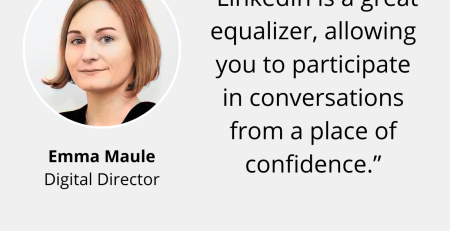By now we’re all fairly aware that social media has become an inescapable reality for businesses in most sectors, as well as for individuals in their private lives. With the increasing exposure we’re all starting to get online comes a greater risk of over-exposure – literally. Whether or not you’re one of the millions to have sent a rather risqué shot of yourself in a state of undress via an app like Whatsapp, Snapchat or simply through text message or email, you will appreciate that it has fast become very common behaviour. And of course, any image that you package up and send off as a transferable file can of course also be posted on any social media page… (as celebrities such as Jennifer Lawrence recently found out).
And so we are seeing yet another twist in the way that the digital age is working its way into our lives on every level, with the development of the ‘social media prenup’. The last year has seen an unprecedented rise in prenuptial-type agreements (i.e. the document that sets out what happens to assets should a marriage come to an end). Although they are not strictly enforceable in the UK, there’s now a rebuttable presumption that a prenup will be upheld in court unless it’s unfair to do so, and old attitudes towards this type of agreement have been completely swept away. As the prenup has become a more acceptable ‘thing’, it has also begun to evolve to take account of other threats to the breakdown of a marriage, not just the potential for assets to end up unfairly distributed – i.e. the social media threat.
Whilst social media can be a great marketing tool, a fantastic opportunity for promotion and an easy channel through which to keep up with events and news, a rather more disturbing function is the increased use of social media for exes to take revenge by posting those rather risqué photos of their former partner online for all to see. So common has this now become that prenups are being written to include a clause that specifically prevents the posting online of any material personal to the couple in question. The penalty for breaking the clause is financial – in New York, it has not been unheard of for couples to pay up to $50,000 for every clause breached. That’s the kind of sum that could act as a significant deterrent to even the most vengeful ex. As social media continues to invade all areas of our lives, from dating to breakups, recruitment to customer service it’s always worth bearing in mind the consequences of having a public profile – or a digital footprint of any description. Although most firms have developed a social media use policy for employees to ensure that everyone knows exactly where the boundaries lie, now the equivalent of the social media prenup clause in an employment contract is on the table, both as a deterrent and a way of dealing with anyone who takes to social media to vent frustrations after a souring of relations.Given the effect that a trending topic can have on a reputation, it’s certainly not the kind of threat that any business can really afford to ignore.











